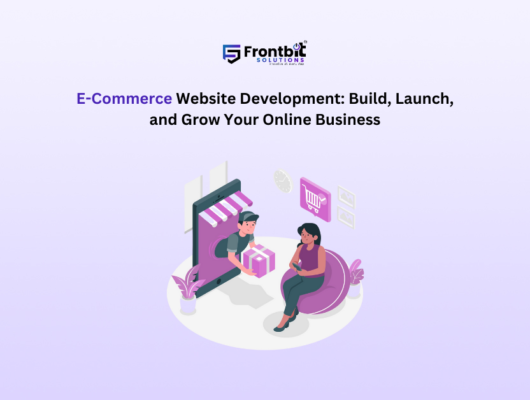In today’s data-driven world, information is king. But for most businesses, valuable data is scattered across different systems, siloed and often unreliable. This is where Enterprise Data Management (EDM) steps in – and it’s more important than you might think.
What is EDM?
Think of EDM as the grand organizer of your company’s data. It’s a set of practices, policies, and tools that ensure your data is:
- Accurate and Consistent: No more conflicting information leading to bad decisions.
- Accessible and Findable: No more time wasted hunting down the data you need.
- Secure and Protected: Your sensitive information stays safe from breaches.
Why Should You Care?
Good EDM is the foundation for a data-driven culture, where businesses leverage information to make smarter choices. Here’s how EDM unlocks real business value:
- Improved Decision-Making: Reliable data fuels insightful analytics, leading to better strategies and more informed actions.
- Enhanced Efficiency: Streamlined data access saves time and resources, allowing employees to focus on higher-value tasks.
- Reduced Costs: Eliminate redundancies and errors in data, saving money on storage and analysis.
- Boosted Innovation: Discover hidden trends and patterns in your data, leading to new products, services, and competitive advantages.
- Stronger Customer Relationships: Understand your customers better and personalize their experience for increased loyalty.
Beyond the Benefits: Addressing Concerns
Implementing EDM might seem daunting, but the long-term benefits outweigh the initial investment. Here are some common concerns addressed:
- Complexity: Modern EDM solutions are designed to be user-friendly and scalable to your business needs.
- Cost: The cost of poor data quality is far greater than the investment in EDM. View it as an essential business asset.
- Change Management: Effective communication and training are key to user adoption and a successful EDM rollout.
Taking the First Step
Ready to harness the power of your data? Here are some initial steps:
- Assess your data landscape: Identify data sources, formats, and quality issues.
- Define data governance policies: Establish clear guidelines for data ownership, access, and security.
- Invest in the right tools: Explore data management solutions that fit your needs and budget.
Ready to leverage the power of hybrid development for your business? Contact Frontbit Solutions today!
We can connect at info@frontbitsolutions.com or you can give us a call at +919624109307 also DM on WhatsApp https://wa.me/919624109307.







